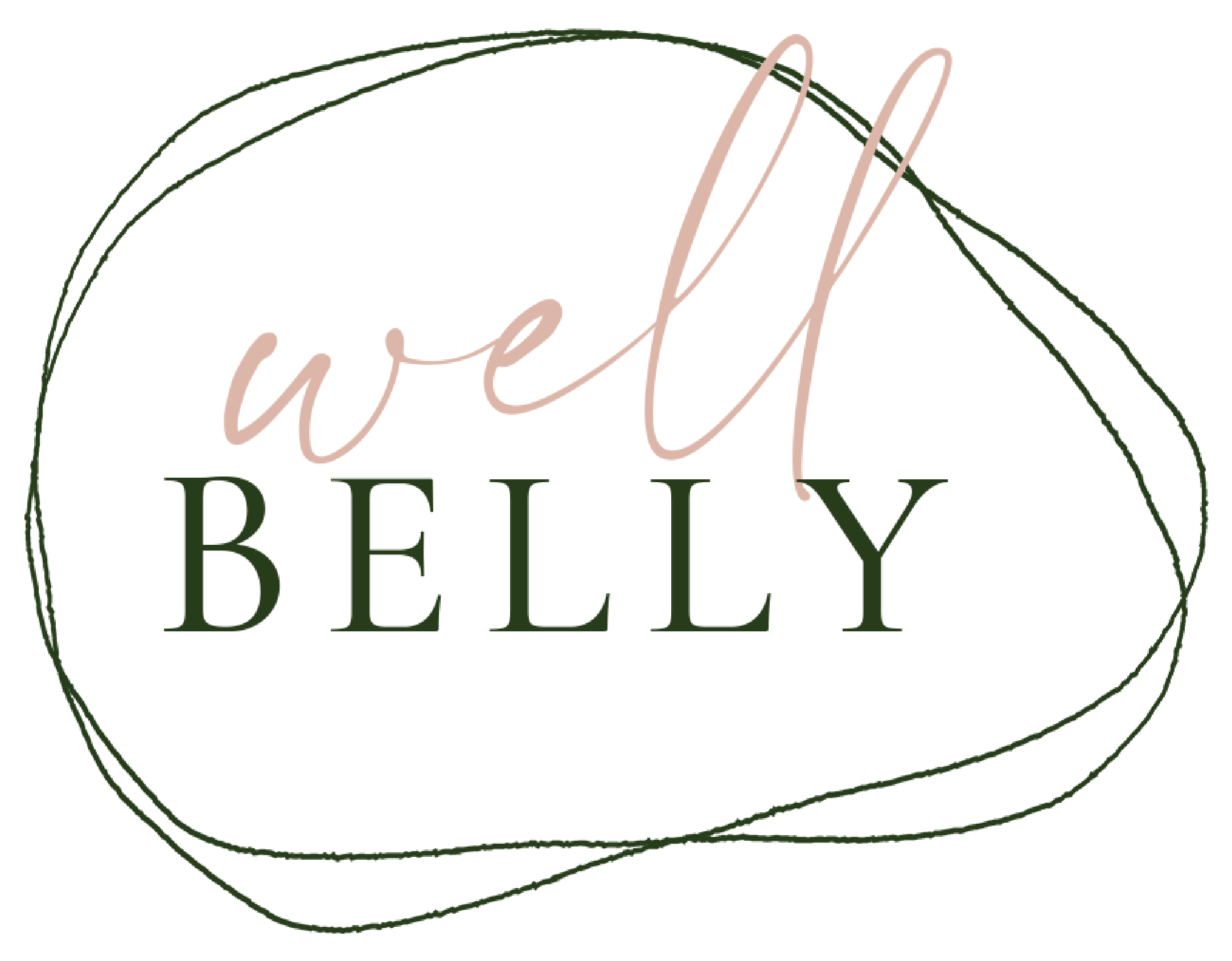Leaky Gut Doesn’t Just Happen Overnight
Leaky Gut, or “intestinal permeability,” often develops gradually due to a mix of lifestyle and environmental factors. Unlike some health issues that appear suddenly, leaky gut is typically the result of a long-term imbalance in the gut and cumulative stresses that weaken the gut barrier over time. Here, we’ll dive into the key contributors to leaky gut and what you can do to support a healthier gut lining.
1. Dysbiosis: A Gut Out of Balance
A healthy gut relies on a balanced community of bacteria that support digestion, nutrient absorption, and immune health. However, factors like a processed diet, certain medications, and stress can disrupt this balance, leading to “dysbiosis.” When this imbalance occurs, the intestinal lining may weaken, leading to small gaps that allow unwanted particles to slip through. Rebuilding the balance of bacteria through a nutrient-rich diet and probiotic foods can be a great first step in restoring gut health.
2. Chronic Inflammation
Long-term inflammation, whether from infections or other sources, can degrade the gut lining. This inflammation breaks down the cells that form the intestinal wall, creating tiny gaps. Through these gaps, particles like toxins, undigested food, and microbes can leak into the bloodstream, triggering further immune responses and more inflammation. Reducing sources of inflammation, like highly processed foods or known irritants, and adding anti-inflammatory foods like omega-3s and leafy greens, can be highly beneficial for healing.
3. Stress: The Silent Gut Disruptor
Stress impacts far more than our mood—it also disrupts the function of our digestive system. Chronic stress lowers the production of protective mucus in the gut, alters gut motility, and releases stress hormones like cortisol, which can compromise the gut lining’s integrity. Over time, this makes the gut barrier more vulnerable to permeability. Managing stress through practices like mindfulness, exercise, and quality sleep can help support gut health.
4. Alcohol & Smoking
Alcohol and smoking aren’t just harmful to the lungs and liver; they also impact gut health. Smoking reduces blood flow to the digestive organs, while alcohol irritates the gut lining and disrupts gut bacteria. Together, these habits weaken the gut’s protective barrier, increasing gut permeability and promoting inflammation. Reducing alcohol intake and quitting smoking can both make a significant difference in protecting your gut lining.
5. Environmental Toxins
Our environment plays a bigger role in our health than we often realise. Prolonged exposure to environmental toxins like pesticides, chemicals, and heavy metals can disrupt the balance of our gut flora, stress the liver, and further weaken the gut’s protective barrier. These toxins accumulate over time, adding to the body’s overall toxic load. Choosing organic foods when possible, filtering drinking water, and reducing exposure to common household chemicals can help lessen this burden on the gut.
Understanding the factors that contribute to leaky gut is the first step toward prevention and healing. Here are a few actionable steps to support a stronger gut barrier:
Eat a Diverse, Nutrient-Dense Diet: Focus on whole foods, fibre-rich vegetables, and fermented foods to feed and diversify your gut bacteria.
Limit Processed Foods and Irritants: Reducing sugar and avoiding grains can ease digestive stress and reduce inflammation.
Manage Stress: Regular exercise, mindfulness practices, and setting aside time for relaxation can all support a resilient gut.
Reduce Alcohol & Avoid Smoking: Minimising these habits can significantly lower gut inflammation and improve the health of your gut lining.
Minimise Toxin Exposure: Use natural cleaning products, avoid pesticide-treated foods where possible, and filter your water.
Healing the gut isn’t an overnight journey, but with consistent choices, you can restore the strength of your gut lining.

